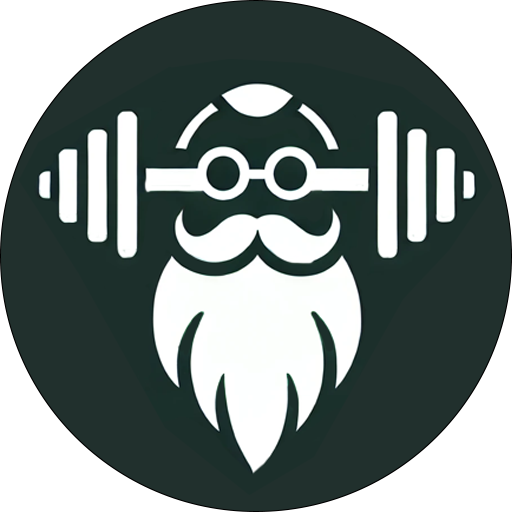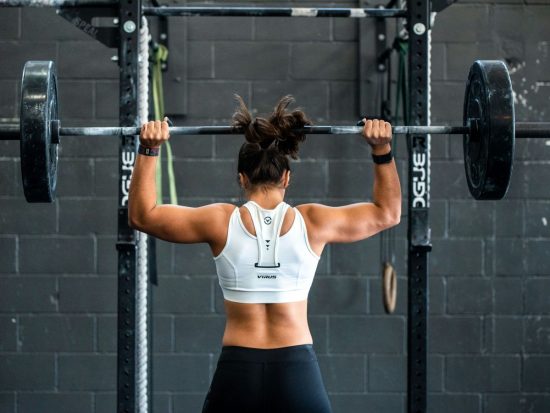Tai Chi is a gentle form of exercise that combines slow movements with deep breathing and mindfulness. It is especially beneficial for seniors, promoting both physical and mental well-being. In this article, we will explore the various advantages of Tai Chi, making it an ideal choice for older adults looking to improve their health and quality of life.
Key Takeaways
- Tai Chi enhances balance and coordination, reducing the risk of falls for seniors.
- Regular practice improves flexibility and strength without stressing the joints.
- Tai Chi promotes mental relaxation and emotional well-being, making it a holistic exercise.
Understanding Tai Chi for Seniors
What is Tai Chi?
Tai Chi is like a dance for your mind and body. It’s a gentle exercise that involves slow, flowing movements, making it perfect for seniors. This practice helps improve balance and mental focus, which is super important as we age. Think of it as a way to keep your body moving while also calming your mind.
History and Origins of Tai Chi
Tai Chi has roots that go way back in Chinese history. Originally, it was a martial art used for self-defense. Over time, it transformed into a practice that promotes health and well-being. Legend has it that a Taoist monk was inspired by a fight between a snake and a crane, leading to the creation of these graceful movements. Today, there are different styles, like Yang and Chen, each with its own flavor.
Why Tai Chi is Ideal for Seniors
What makes Tai Chi a great fit for seniors? It’s all about the gentle, low-impact nature of the movements. Unlike other exercises that can be tough on the joints, Tai Chi is easy on the body. It focuses on relaxation, balance, and flexibility, making it suitable for everyone, regardless of fitness level. Plus, it’s a non-competitive activity, so you can go at your own pace.
Different Styles of Tai Chi
There are several styles of Tai Chi, each offering unique benefits. For instance, the Yang style is known for its slow, gentle movements, while the Chen style includes both slow and fast techniques. This variety means that seniors can find a style that suits their needs and preferences. Whether you’re looking for a calming practice or something a bit more challenging, there’s a style for you!
Physical Benefits of Tai Chi for Seniors
Improved Balance and Coordination
As we get older, keeping our balance and coordination is super important to avoid falls. Tai Chi helps with this by making you aware of your body’s position. The slow, controlled movements challenge you to stay steady, which can really help in preventing falls. Regular practice can lead to significant improvements in quality of life.
Enhanced Flexibility and Strength
Tai Chi is all about gentle movements that stretch and strengthen your muscles without putting too much strain on your joints. This makes it a great option for seniors, especially those dealing with conditions like arthritis. Research shows that practicing Tai Chi can improve flexibility and mobility, helping you move more freely.
Better Motor Control
When you do Tai Chi, you focus on your movements and breathing. This mindfulness sharpens your motor control, which is crucial as we age. Studies indicate that Tai Chi can enhance motor function and coordination, especially for seniors with conditions like Parkinson’s Disease. It’s a gentle way to regain control over your movements.
Pain Relief and Joint Health
Many seniors experience joint pain, but Tai Chi can help ease that discomfort. The slow, flowing movements promote better circulation and can reduce stiffness. This makes it easier to stay active and enjoy daily activities. Plus, it’s a fantastic way to maintain joint health as you age.
| Benefit | Description |
|---|---|
| Improved Balance | Helps prevent falls and maintain independence. |
| Enhanced Flexibility | Increases range of motion and reduces stiffness. |
| Better Motor Control | Sharpens reflexes and coordination. |
| Pain Relief | Eases joint pain and promotes better circulation. |
Mental and Emotional Benefits of Tai Chi
Stress Reduction and Relaxation
Practicing Tai Chi can be a fantastic way to melt away stress. When you engage in these gentle movements, it’s like giving your mind a mini-vacation. The slow, flowing motions help you focus on your breath and the present moment, making it hard to feel stressed. Many people find that after a session, they feel a sense of calm and peace that lasts throughout the day.
Improved Cognitive Function
Tai Chi isn’t just good for your body; it’s also a workout for your brain! Engaging in these movements can help sharpen your mental clarity. Studies show that regular practice can enhance cognitive functions, like memory and concentration. It’s like giving your brain a little boost while you’re moving your body.
Boosted Emotional Well-being
Feeling down? Tai Chi might just lift your spirits! Research indicates that those who practice Tai Chi regularly report feeling happier and more energetic. This gentle exercise can help reduce feelings of sadness and confusion, making way for a brighter outlook on life. It’s a simple yet effective way to enhance your emotional health.
Mindfulness and Meditation
At its core, Tai Chi is a form of moving meditation. The focus on slow, deliberate movements encourages mindfulness, which can lead to a greater sense of inner peace. By practicing Tai Chi, you’re not just exercising; you’re also training your mind to be present, which can significantly improve your overall mental health.
In summary, Tai Chi offers a treasure trove of mental and emotional benefits for seniors. From reducing stress to boosting cognitive function, it’s a holistic approach to well-being that’s easy to incorporate into daily life. So why not give it a try? You might just find your new favorite way to relax and recharge!
Getting Started with Tai Chi
Finding the Right Class or Instructor
Getting into Tai Chi can be a fun journey! Start by looking for classes specifically designed for seniors at local community centers or fitness studios. Many instructors are great at making the experience enjoyable and safe. If you can’t find a class nearby, don’t worry! There are plenty of online options available, too. Just make sure to choose a class that feels right for you.
Basic Tai Chi Movements for Beginners
When you first start, focus on simple movements. Tai Chi is all about slow, gentle motions that help improve balance and coordination. A great way to begin is with exercises like the Tai Chi Walk or Wave Hands Like Clouds. These movements are not only relaxing but also help you feel more connected to your body. Remember, it’s all about taking your time and enjoying the process!
Safety Tips for Practicing Tai Chi
Safety is key! Always listen to your body and don’t push yourself too hard. If something feels uncomfortable, it’s okay to modify the movements. Wearing supportive shoes can help prevent slips and falls, making your practice safer. Also, consider practicing in a space where you can hold onto something for support if needed. This way, you can focus on enjoying the experience without worrying too much about balance.
Creating a Consistent Practice Routine
To really benefit from Tai Chi, consistency is important. Try to practice a little every day, even if it’s just for a few minutes. Over time, you’ll notice improvements in your balance, flexibility, and overall health. Setting small, achievable goals can help keep you motivated. Celebrate your progress, no matter how small it may seem!



